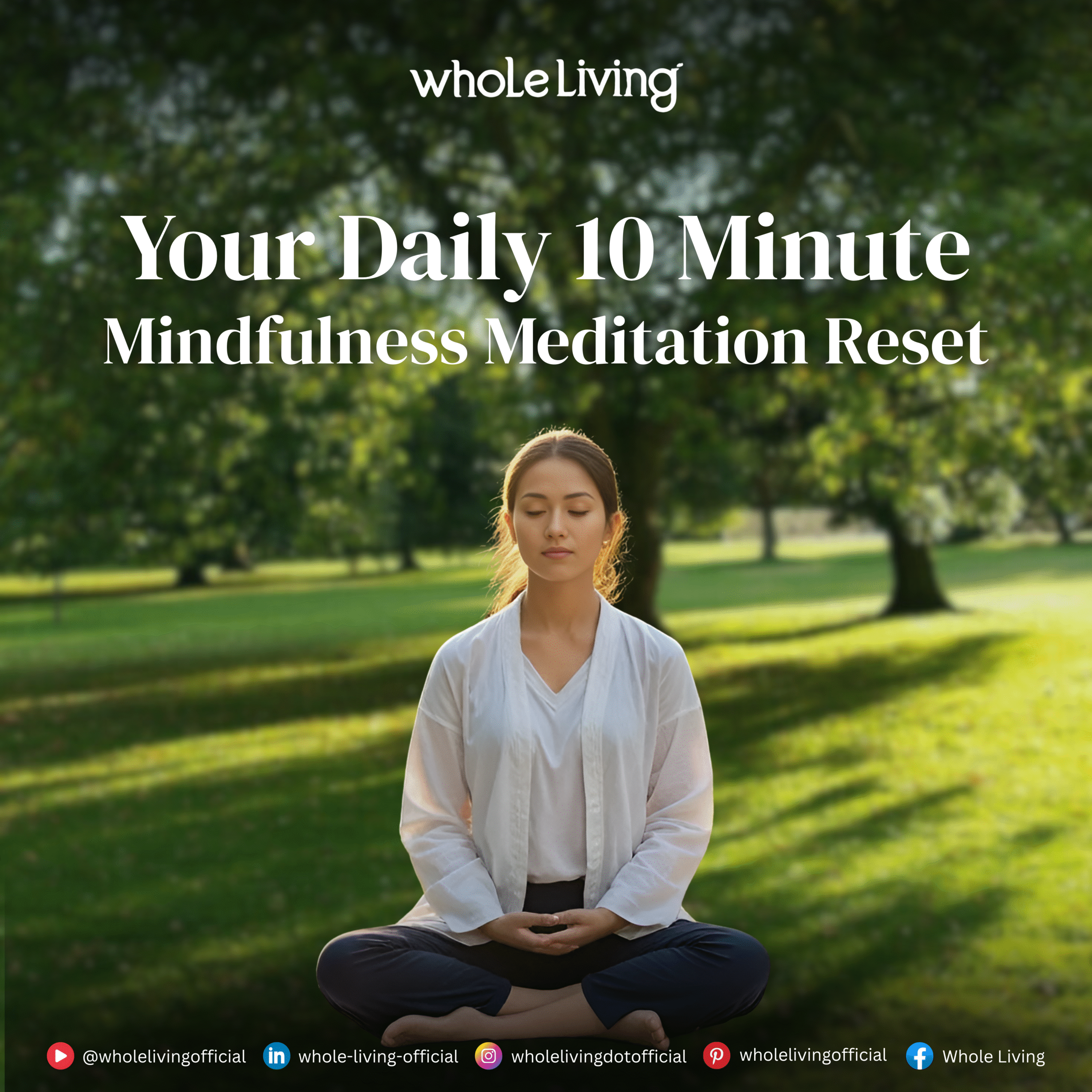In This Article
Journaling for anxiety isn’t just some cute, aesthetic TikTok thing—it’s an absolutely powerful tool for anyone drowning in overwhelming thoughts and anxious thoughts. Alright, let’s get real for a second. If you’ve ever felt like your head is about to explode from stress, fear, or those annoying worry spirals, listen up: this is your sign to grab a pen and claim your peace.
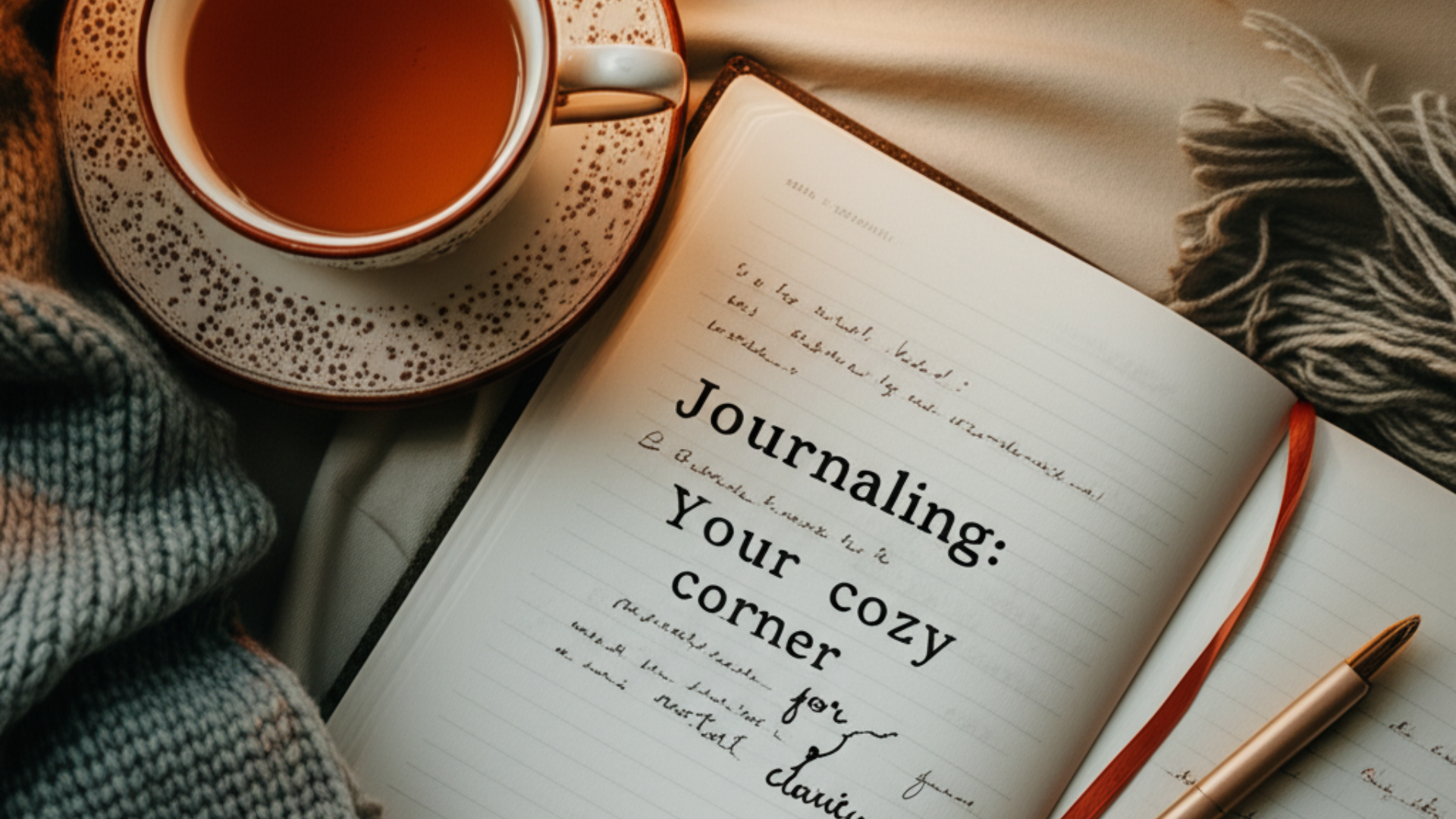
Not convinced yet? Good. Let’s break down exactly why anxiety journaling is one of the best (and cheapest) ways to deal with stress—and how you can make it work for you even if you’re “not a writer to improve mental health. You just need to show up with your feelings and that blank page. Ready? Let’s dive into why anxiety journaling is the self-care hack you’ve been sleeping on.
1. Journaling for Anxiety Helps You Regain Control
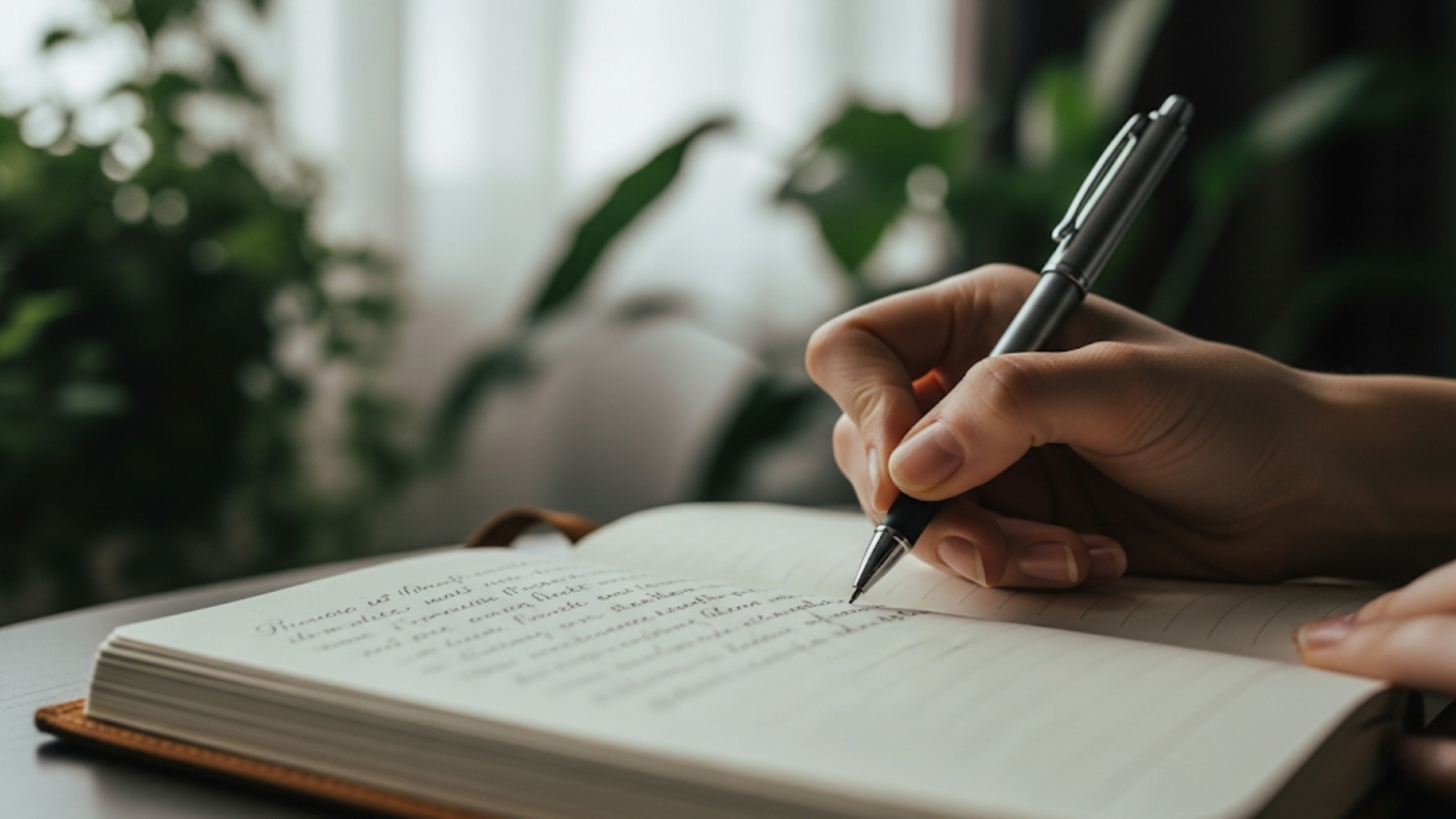
Feeling overwhelmed is like trying to swim with weights tied to your ankles. But when you journal your anxious thoughts, it’s like finally taking off those weights.
Writing helps you process your feelings instead of letting them swirl around in your head like a tornado. It gives structure to your emotions, which helps reduce anxiety and brings clarity.
Studies show that expressive writing helps people manage anxiety, depression, and even trauma. You don’t need fancy words—just honesty.
2. Your Journal Is Your Safe Space for Stress Relief

Picture this: your favorite drink, soft blanket, candles, and your journal. Journaling time is your cozy corner for stress relief. It’s where you go when stressful events or negative thoughts make you want to scream into the void.
Think of it like venting to your coolest, judgment-free friend. Your journal won’t roll its eyes or talk over you. It just lets you be messy, honest, and real about what’s making you feel anxious.
3. Journaling Builds Awareness—and That’s Powerful
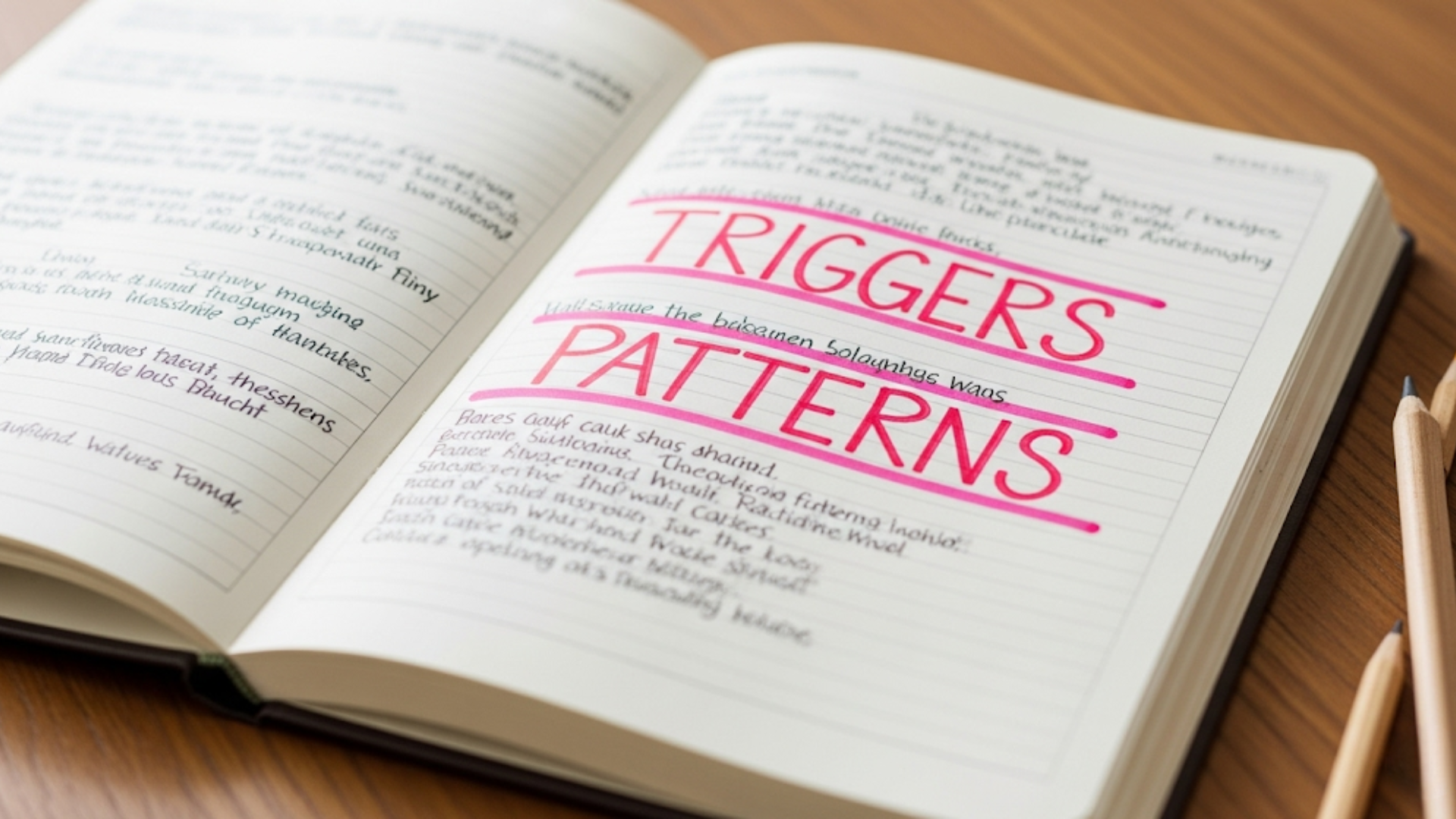
Here’s the underrated secret: journaling for anxiety helps you spot patterns. What triggers your stress? What helps you calm down? The more you write, the more you know.
You’ll start seeing connections in your moods, habits, and coping mechanisms. And that insight is your power.
No need to be perfect or poetic. Just be consistent. You’ll learn more about yourself than any late-night scroll ever could.
4. It’s Not Just Venting—It’s Real Reflection

Let’s break a myth: journaling for anxiety isn’t just complaining on paper (though if that helps, DO IT). It’s about reflection. By writing regularly, you build a habit of looking at situations with perspective. That annoying argument you had two days ago? After a few minutes of writing, it probably won’t seem like the end of the world anymore.
You start noticing that anxious thoughts are just thoughts—not facts. That shift alone can reduce anxiety like nothing else.
5. Stuck? Try These Easy Journal Prompts for Anxiety
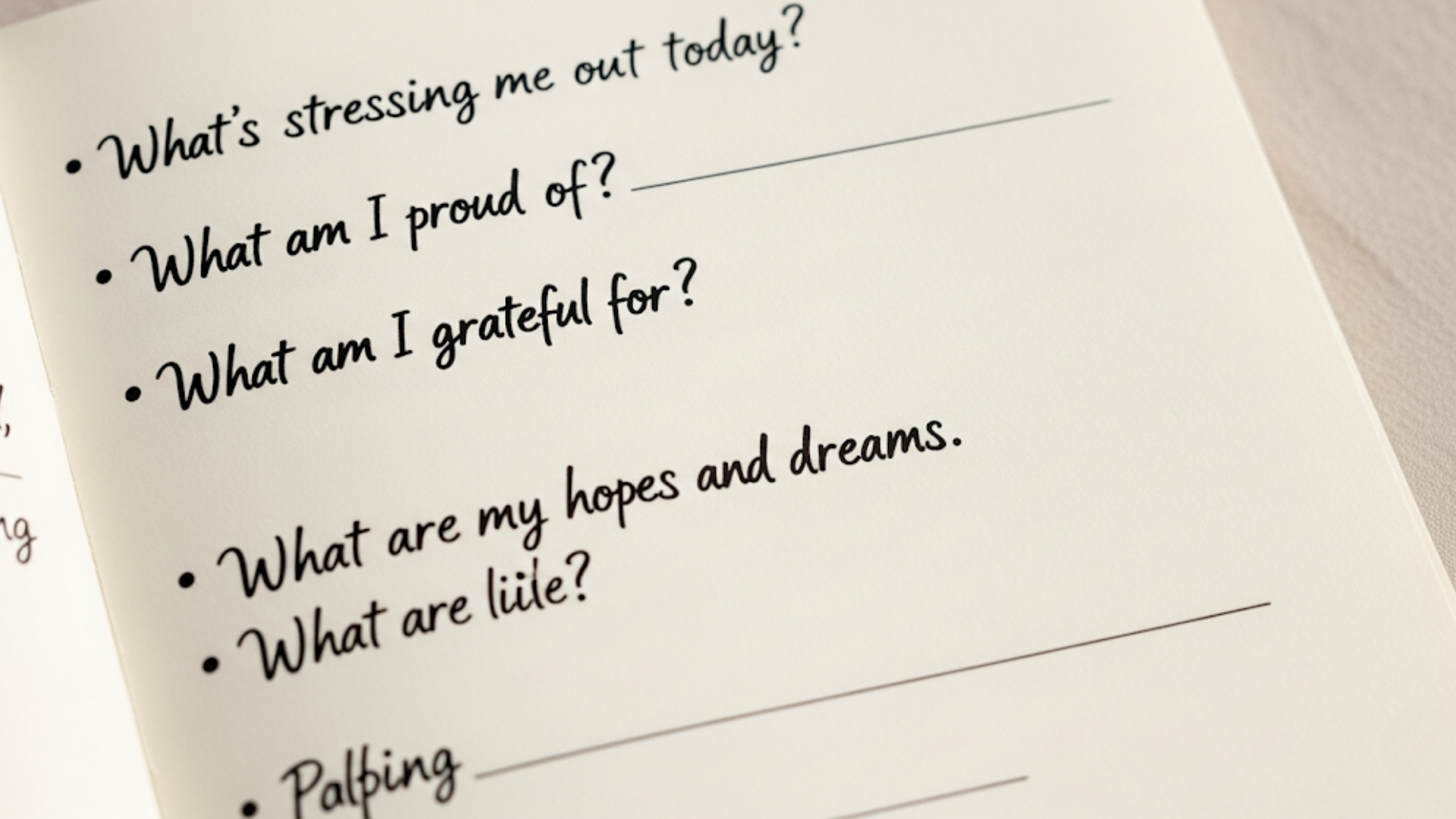
Ever stare at a blank page like… “what do I even write?” Been there. That’s why journal prompts exist. They give you that little nudge to begin. Plus, they’re fun—like getting interview questions about your own life.
Here are a few to get you started:
- What’s making me feel anxious right now?
- What are 3 things I can control today?
- Describe a recent stressful event and how I handled it.
- What’s one thing I’m grateful for despite feeling stressed?
Begin with these prompts, and observe how quickly you gain insight into yourself.
6. It Only Takes 5 Minutes (Seriously)

Don’t say you don’t have time—you scroll Instagram longer than this takes. Just five minutes of journaling for anxiety every day can reduce stress and make a massive impact on your mental health.
Make it a part of your routine:
1. Morning pages with your coffee
2. End-of-day debrief before bed
3. Phone notes when you’re out and anxious
No fancy journal required. Just your thoughts, a pen, and the willingness to try.
7. Use Journaling to Plan for the Future, Too
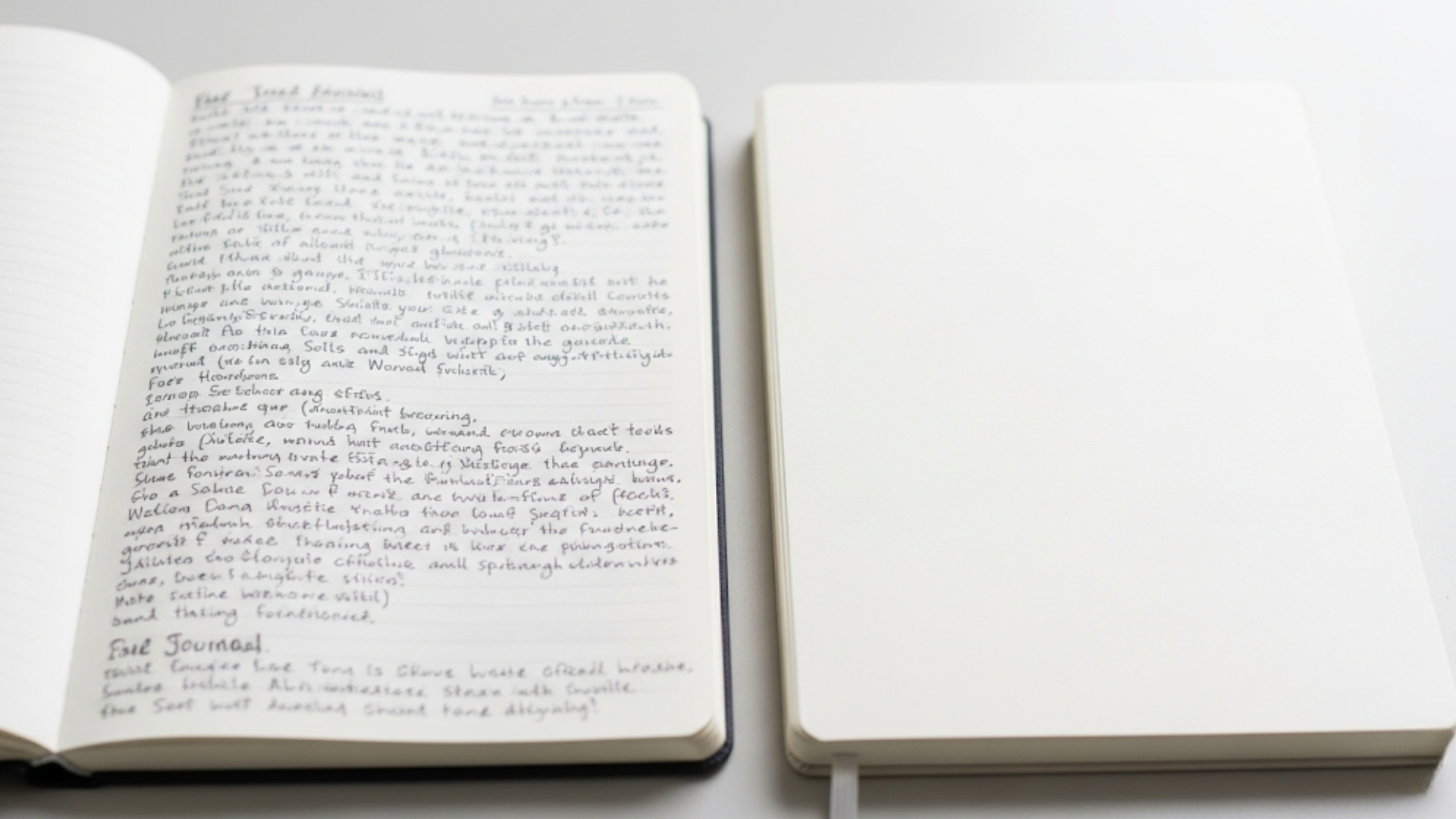
Journaling doesn’t just help in the moment—it helps you prepare. When you’ve written about past struggles and survived them, you have a record of your resilience.
You can also set intentions, plan responses to future stressors, and remind yourself that you’ve already conquered hard things. That builds confidence like nothing else.
Bonus? You’ll have a record of your growth to look back on when life feels heavy again.
8. Journaling for Anxiety Improves Overall Mental Health
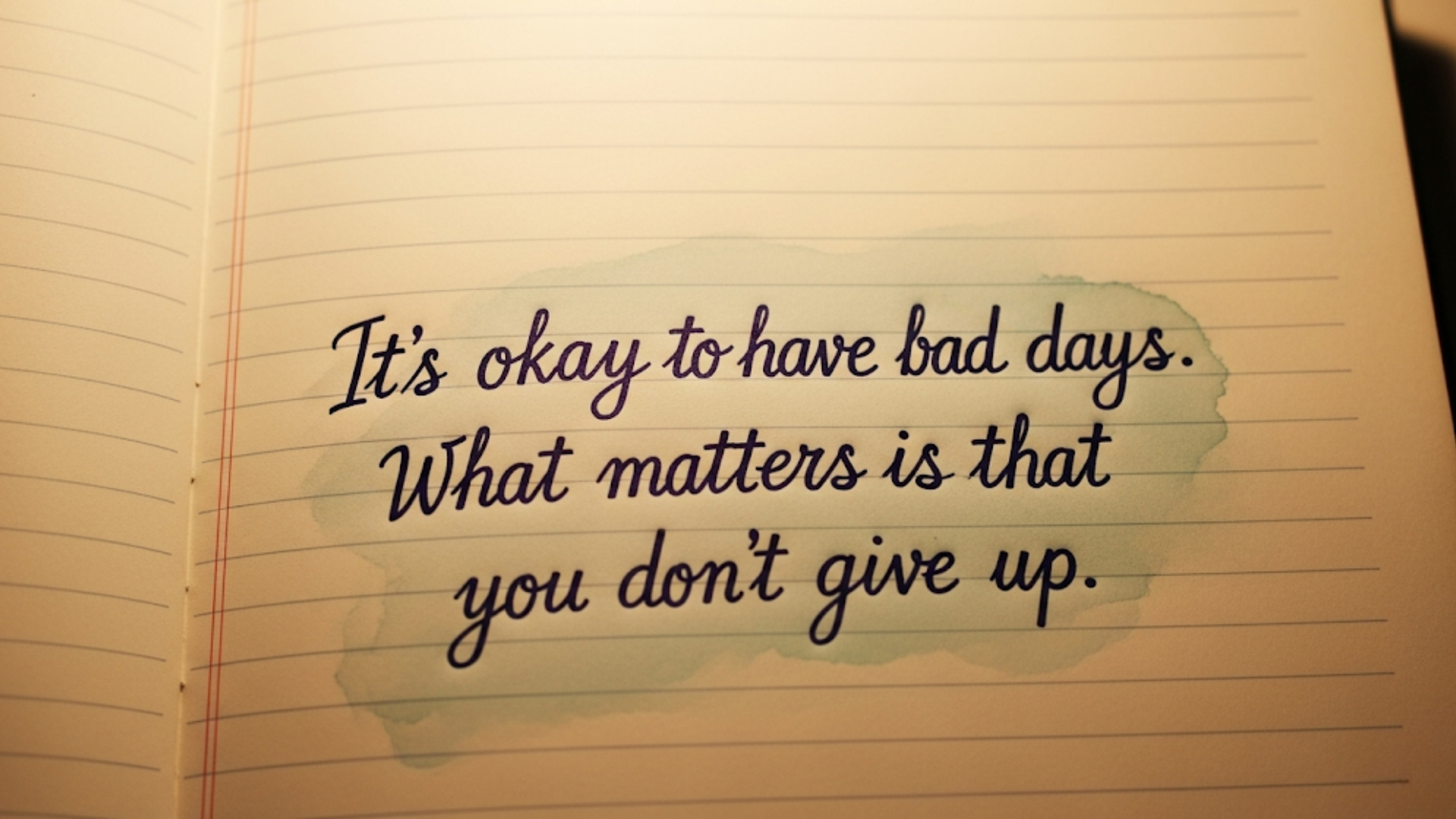
At the end of the day, this whole journaling for anxiety thing isn’t just about coping—it’s about thriving. As you build self-awareness through expressive writing, your overall well-being levels up. You’re not letting your anxious thoughts run the show anymore.
And bonus: journaling often leads to gratitude practice, which has been shown to boost mood and even health. I mean, who doesn’t want that?
Grab Your Journal and Just Start
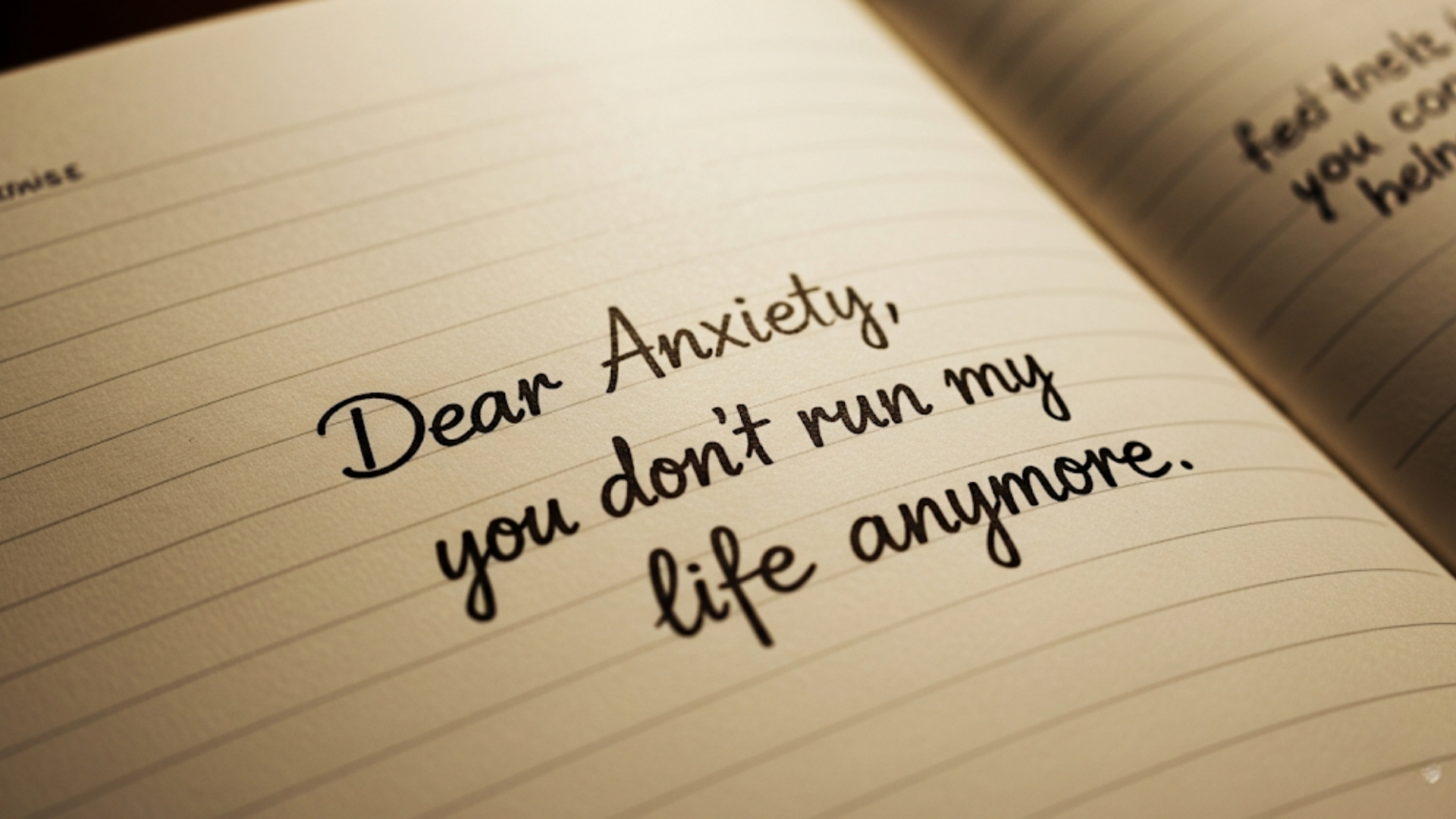
If you’re still thinking, “Eh, I don’t know if this is for me,” let me be blunt: What’s the harm in trying? It’s cheap, easy, helpful, and might just be the powerful tool that helps you manage anxiety before it manages you.
Take a deep breath, grab your notebook, and start writing down your thoughts. Your mental health deserves it. Your future self deserves it. And honestly? You deserve it right now.
Now go turn that blank page into your stress relief zone. You’ve got this.
Can love truly exist without pain? Here's why love’s struggles are often its greatest strength.

 Reviewed by Author:
Reviewed by Author:







